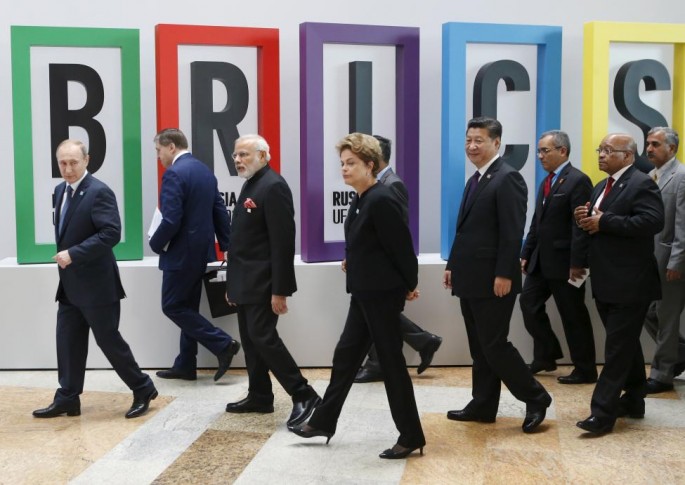The countries of Brazil, Russia, India, China and South Africa (BRICS) pledged to form a stronger economic partnership by adopting plans for further cooperation as they concluded an annual summit in the Russian city of Ufa.
China urged the BRICS nations to identify other key sectors and to integrate the new strategy with each members' plans.
According to data from the International Monetary Fund (IMF), BRICS countries accounted for half of the world economic growth during the past decade and that by 2030, they will surpass the developed economies.
Xi Xiujun, an expert on international political economy at the Chinese Academy of Social Sciences, is optimistic over the prospects of development and says that the countries will contribute to more global growth.
The five major emerging economies also agreed on the establishment of a new development bank that would support economic development among BRICS countries, according to China Daily.
The bank, based in Shanghai with an initial authorized capital of $100 billion, will raise money in both the local and international markets and issue its first loan in April next year.
Aside from that, the bank will be also managing loans for joint projects in the transportation and energy sectors, according to Russian President Vladimir Putin.
For Zhu Jiejin, an expert on the BRICS nations at Fudan University, the creation of such an institution demonstrates the high degree of cooperation between the member nations.
Following the Ufa Declaration, economic partnership will be the key guideline in improving trade, investment, manufacturing and energy.
Seeking to allay fears that the bank will be positioned to challenge the current financial system, President Xi Jinping advised the five countries to initiate reforms in the IMF's governance structure by urging the developing countries to speak out and offer inputs.



























